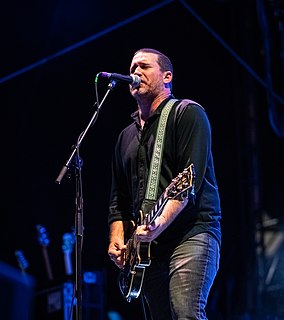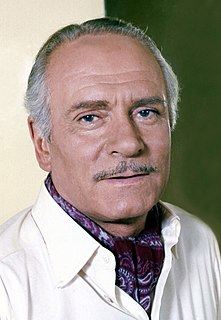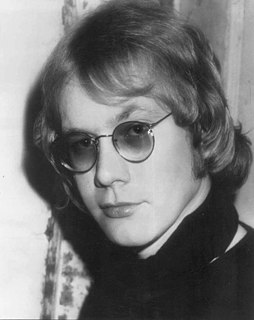A Quote by Clemantine Wamariya
It's taken a lot of years for me to learn how to share my story.
Related Quotes
Over the years since then though, I couldn't even begin to try and count all the mistakes I've made but also, all the joys I've found while traveling on the road. So in living this kind of lifestyle day in and day out for that many years you learn. You learn a lot about yourself. You learn a lot about how people should be treated and how they should treat each other. For the most part, I've really learned patience, temperament and fairness all around.
Some years ago, I read Thomas Carlyle's history of the French Revolution, and I was very taken by the way he told the story, and it seemed as though I was right in the middle of things. And it took me a while to figure out how he achieved that effect, and one of the ways was to write it in the present tense.
We all have to strive to learn what motivates us, learn from our experiences, and what feels right and what feels wrong. There's a strong component over the years to having formal processes that help to identify lessons that need to be learned, and actions that need to be taken. In other words, how do you find the big idea?



































